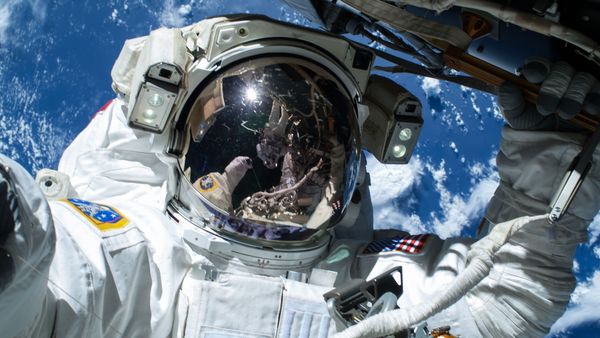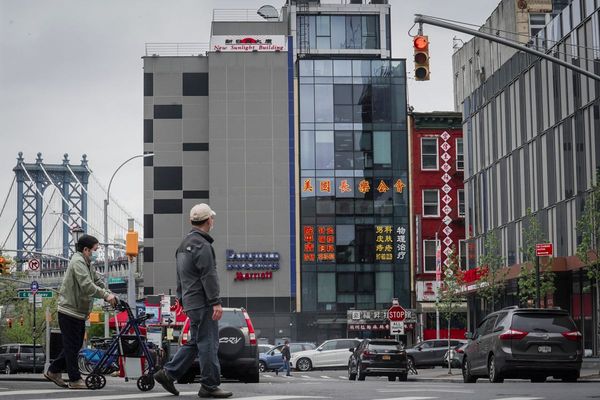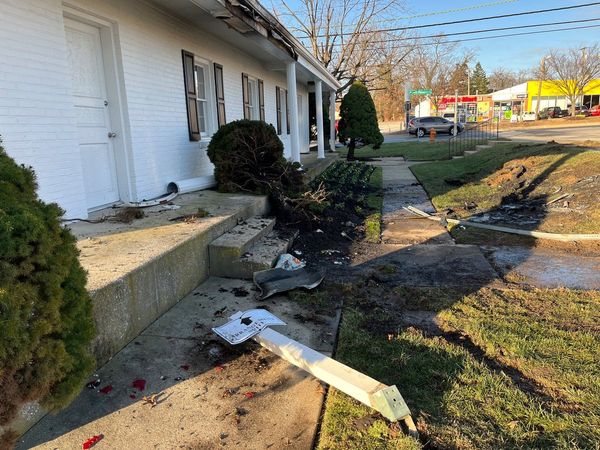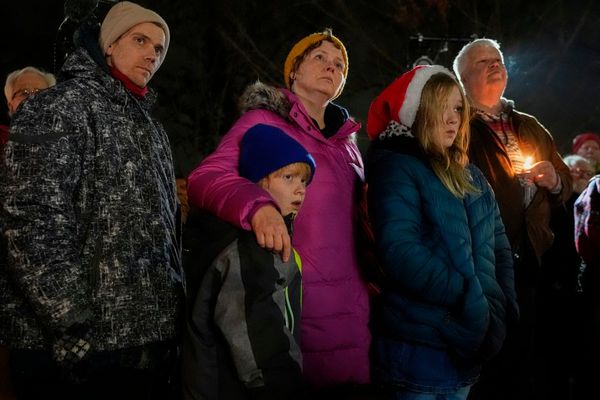
Lagos (AFP) - Nigeria's Afrobeats resonates all over Africa, and in the West, where young people sing and dance to the rhythms of Burna Boy, Wizkid and Tems.
But when it comes to the presidential election on February 25, when Africa's most populous democracy votes for a successor to President Muhammadu Buhari, its singers have gone silent.
Nigeria often makes headlines because of the Boko Haram insurgency and jihadist groups in the northeast.
But the country is also the continent's largest economy and birthplace of a musical genre that is soaring globally.
Afrobeats legends Burna Boy and Tems have won Grammy Awards.
Tickets to see Wizkid and Davido in some of the world's largest concert halls are regularly sold out.
And others rack up millions of views on TikTok and collaborate with US popstars like Chris Brown, Justin Bieber and Drake.
These celebrities are loved as much as Nigerian politicians are hated.
The latter are seen by many Nigerians as impossibly corrupt and responsible for the country's, woes from a lack of electricity to poor healthcare and education.
Almost 40 percent of registered voters are under the age of 35, yet the ruling party's candidate, Bola Tinubu of the APC is 70 and the main opposition leader Atiku Abubkar of the PDP is 76.
"Afrobeats stars have a huge influence on the youth.The presidential candidates don't," said Oris Aigbokhaevbolo, a music journalist.
But, he adds: "Big stars try their best to avoid politics, especially (in) this presidential election."
'Watershed moment'
Afrobeats was born in the 2000s, inspired by a mix of styles, including the music of legendary Fela Kuti, who fought his entire life against Nigeria's corrupt leaders, and from US pop.
"Back in time, Afrobeats singers were more political.But when Afrobeats became big business, lyrics changed," said Aigbokhaevbolo.
Until recently, songs were all about capitalism or "Naija", which celebrates success and expensive cars, or about cheesy love and female conquests.
But mass youth-led #EndSARS protests that rocked the country in late 2020 have changed things.
"EndSARS was a watershed moment," said the journalist.
SARS was a controversial anti-robbery squad that became a symbol of police brutality.It spurred a movement demanding better governance.
Many Afrobeats stars came out in support of #EndSARS, either on social media or at protests themselves.
Burna Boy purchased giant billboards with the slogan #EndSARS on them.
Davido took to the streets of the capital, Abuja, and knelt down in front of police officers.
Wizkid, who was in London at the time, also supported the cause by joining protesters in the UK diaspora.
After the movement was violently repressed, many artists paid homage to victims of the crackdown.
Burna Boy released a song called "20.10.2020" in reference to the day where the army and police cracked down on peaceful protesters in Lagos.
But since then, the stars have gone silent, no longer publicly supporting candidates or encouraging people to register and get their permanent voter's card (PVC).
"They are not involved," said Osikhena Dirisu, director of programmes at The Beat radio.
Wizkid did speak out on one occasion about the election in a wide-ranging interview with British newspaper The Guardian.
"All these old men are going out of power this time," he said of the candidates."They need to go to an old people's home and chill out."
Younger touch
"It bothers me.They were supporting EndSARS and now none of them call the youth to collect their PVC or endorse the candidate of the youth, Peter Obi," said Ifiy, a 30-year-old Nigerian at a recent rally for the candidate.
Obi, a 61-year-old former state governor, enjoys the support of many young people, including those who were part of EndSARS.He has become a credible challenge to Tinubu and Abubakar.
Apart from P-Square, twin artists who became popular in the 2010s with their title "Alingo", there are few musicians who openly support Obi, according to Dirisu.
They avoid getting into politics, Aigbokhaevbolo said, because "in Nigeria, you don't want to have enemies in power".
On the other hand, politicians need Afrobeats."You can't campaign without music in Nigeria," said Aigbokhaevbolo.
During rallies, the latest Afrobeats tunes are blasted from loudspeakers, often without any copyright agreements.
The popular songs provide much needed entertainment to motivate the crowds of supporters or people paid to be there, before candidates arrive.
Music also gives the politicians a more human touch, and even a younger touch, like Tinubu, who went viral when he started dancing to the popular song "Buga" by Kizz Daniel.
Some artists who are still unknown internationally use the opportunity of rallies to make money, like Portable, who played for the ruling party, or Timi Dakolo for the opposition.
Criticised on social media, both responded that they take cash wherever they can find it.







